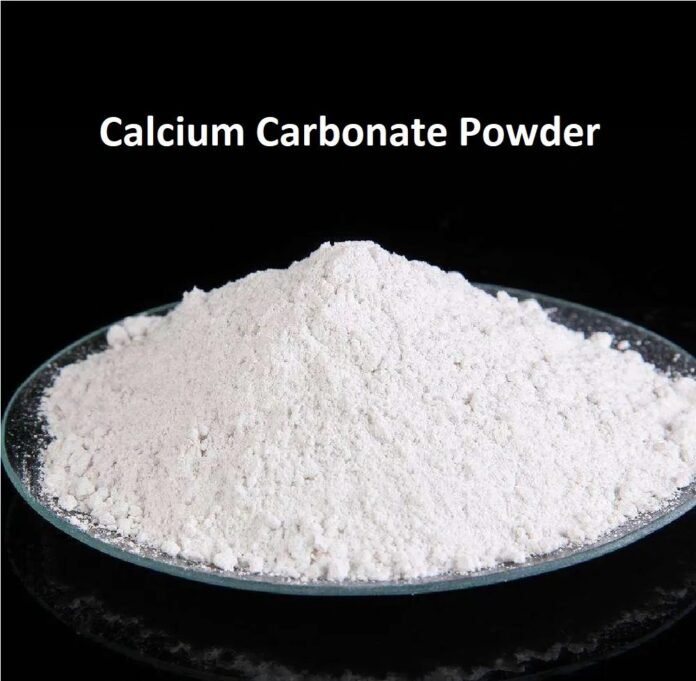Water pollution is a significant global concern, impacting both human health and the environment. As the demand for clean water increases, various methods are being explored to purify water. One such method involves the use of calcium carbonate powder. This article delves into how calcium carbonate powder can contribute to water purification, its benefits, and its role in maintaining water quality.
Understanding Calcium Carbonate Powder
Calcium carbonate is a naturally occurring compound found in rocks and shells of marine organisms. It is widely used in various industries, including construction, agriculture, and water treatment. In its powdered form, calcium carbonate is effective in neutralizing acidity and can be used to improve water quality.
When calcium carbonate powder is introduced into water, it reacts with impurities, helping to precipitate unwanted substances. This reaction plays a crucial role in water treatment processes, making it a valuable resource for purifying drinking water.
The Role of Calcium Carbonate in Water Treatment
Calcium carbonate powder functions primarily as a pH adjuster. When water is too acidic, adding calcium carbonate helps to raise the pH level, creating a more balanced environment. This adjustment is vital for various biological processes in water systems and can enhance the effectiveness of other water treatment methods.
Moreover, calcium carbonate is effective in removing heavy metals from water. Heavy metals like lead, cadmium, and mercury pose significant health risks. When calcium carbonate is added, it binds to these metals, allowing them to settle out of the water column. This process not only reduces the concentration of harmful substances but also improves overall water quality.
Benefits of Using Calcium Carbonate Powder
- Natural and Safe: Calcium carbonate is a naturally occurring mineral, making it a safe option for water purification. Unlike chemical treatments, it does not introduce harmful substances into the water.
- Cost-Effective: Using calcium carbonate powder can be a cost-effective solution for water treatment. It is widely available and can reduce the need for more expensive chemical alternatives.
- Effective Precipitation: Calcium carbonate effectively precipitates impurities from water, making it easier to remove contaminants. This property enhances the overall efficiency of water purification systems.
- Eco-Friendly: As a natural compound, calcium carbonate is environmentally friendly. Its use in water treatment aligns with sustainable practices aimed at preserving ecosystems.
Applications in Various Water Treatment Processes
Calcium carbonate powder is utilized in different water treatment processes, including municipal water treatment, industrial wastewater treatment, and agricultural irrigation. In municipal water treatment facilities, it helps in adjusting pH levels, ensuring safe drinking water for communities.
In industrial applications, calcium carbonate is often used to treat wastewater before it is released back into the environment. By removing harmful contaminants, industries can comply with environmental regulations while minimizing their ecological footprint.
Additionally, in agriculture, calcium carbonate powder can improve the quality of irrigation water. By reducing acidity, it creates a healthier environment for crops, promoting better growth and yield.
Conclusion
In summary, calcium carbonate powder is an effective tool for cleaning water and improving its quality. Its ability to adjust pH levels and remove heavy metals makes it invaluable in various water treatment processes. As the world continues to grapple with water pollution, exploring natural and safe methods like calcium carbonate is essential. By harnessing the benefits of this compound, we can work towards ensuring access to clean and safe drinking water for everyone.
For those seeking reliable sources of this compound, numerous calcium carbonate manufacturers in India provide high-quality products suitable for various applications, including water purification. Investing in these natural solutions can lead to more sustainable water treatment practices, ultimately benefiting public health and the environment.
4o mini



